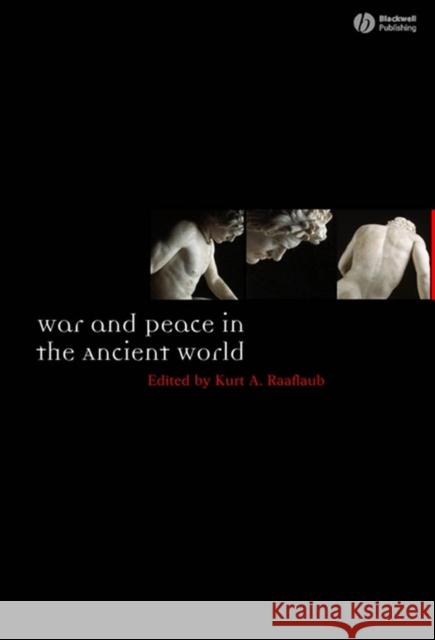War Peace in Ancient World » książka
topmenu
War Peace in Ancient World
ISBN-13: 9781405145251 / Angielski / Twarda / 2006 / 400 str.
This book is the first to focus on war and peace in the ancient world from a global perspective.
- The first book to focus on war and peace in the ancient world
- Takes a global perspective, covering a large number of early civilizations, from China, India and West Asia, through the Mediterranean to the Americas
- Features contributions from nineteen distinguished scholars, all of whom are experts in their fields
- Offers remarkable insights into the different ways in which ancient societies dealt with a common human challenge
- Requires no prior historical knowledge, making it suitable for non-specialists











